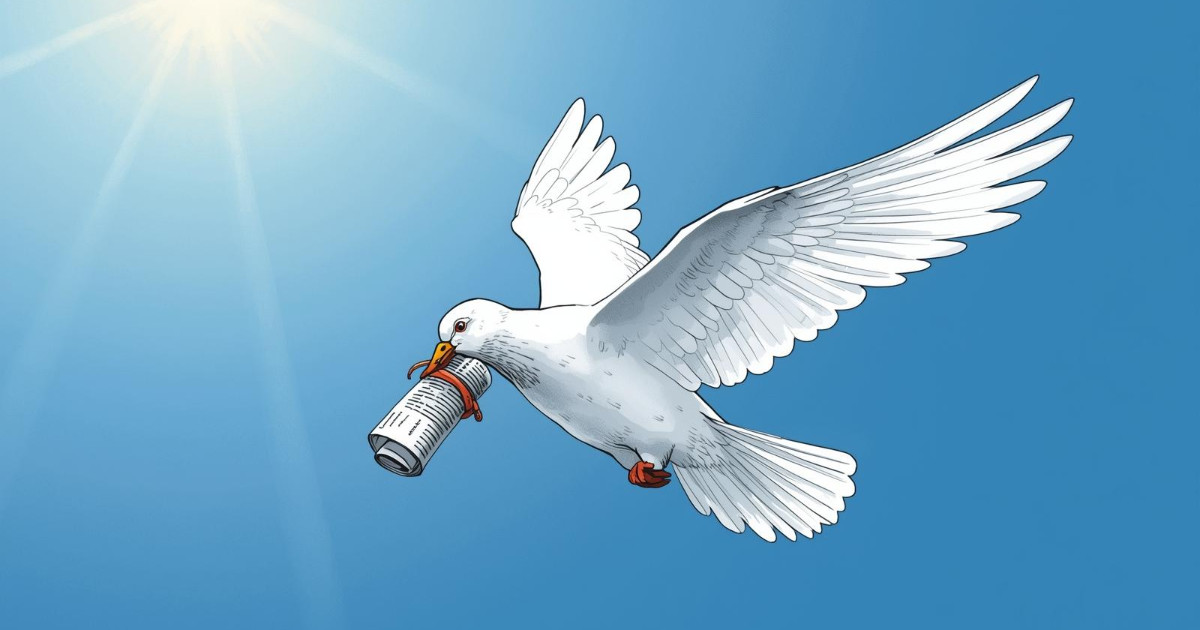Analyzing FIA's crackdown: The risks of AI misuse and implications for Pakistan-UAE relations
JournalismPakistan.com | Published: 16 January 2025 | JP Staff Report
Join our WhatsApp channel
The FIA has initiated legal action against individuals allegedly involved in AI-generated defamation. This incident highlights the risks of AI misuse and its potential impact on international relations, particularly between Pakistan and the UAE.Summary
ISLAMABAD—The Federal Investigation Agency's (FIA) recent move to register cases against five individuals, including journalist Imran Riaz Khan and PTI leader Shahbaz Gill, marks a significant escalation in addressing the misuse of artificial intelligence in Pakistan. The allegations that these individuals shared "highly defamatory" AI-generated content targeting UAE President Mohammed bin Zayed Al Nahyan and Punjab Chief Minister Maryam Nawaz underline the growing challenges posed by AI-driven manipulation in the digital age.
The Role of AI in Defamation
Artificial intelligence has revolutionized content creation, but its misuse for generating fake images and videos has equally raised ethical and legal concerns. In this case, the alleged AI-generated content aimed to undermine Pakistan's diplomatic ties with the UAE, a key ally, while also damaging the reputations of prominent political figures. Such actions threaten not only personal reputations but also the country’s foreign relations and national interests.
The use of AI to create defamatory material is particularly alarming because it blurs the line between fact and fabrication. In a country like Pakistan, where political rivalries and media influence are deeply entrenched, the potential for AI misuse to escalate tensions is significant.
Implications for Pakistan-UAE Relations
The allegations come on the heels of Mohammed bin Zayed Al Nahyan's visit to Pakistan, who was received by Prime Minister Shehbaz Sharif and Punjab Chief Minister Maryam Nawaz, where she was photographed with the visiting official.
The UAE has been a longstanding partner of Pakistan, providing economic assistance and investment. Any perception of disrespect or hostility could strain this crucial relationship, especially at a time when Pakistan is seeking to stabilize its economy through foreign support.
The FIR emphasizes the potential harm to Pakistan’s foreign relations, reflecting the government’s zero-tolerance policy toward actions that jeopardize diplomatic ties. This incident also highlights the risks of social media platforms being used as tools to manipulate narratives and spread disinformation, often with far-reaching consequences.
The FIA's Actions and Broader Implications
The arrest of three suspects and the seizure of electronic devices suggest that the FIA is taking a firm stance against such activities. However, this crackdown raises broader questions about the balance between combating cybercrime and protecting freedom of expression. Critics may view these actions as an attempt to silence dissenting voices, particularly given the inclusion of high-profile individuals like Imran Riaz Khan and Shahbaz Gill.
At the same time, the incident underscores the need for stronger regulations and awareness campaigns around AI technology. Without robust safeguards, the misuse of AI tools could proliferate, causing irreparable damage to institutions, individuals, and international relationships.
This case serves as a cautionary tale about the dangers of unregulated AI usage and its potential to disrupt not only personal and political dynamics but also international relations. As Pakistan navigates the complexities of the digital age, the need for comprehensive policies to address cyber defamation and AI misuse has never been greater. The FIA’s response may be a step in the right direction, but ensuring transparency and fairness in such cases will be critical to maintaining public trust.
KEY POINTS:
- FIA charges individuals over AI-generated defamatory content.
- Concerns about the impact on Pakistan-UAE diplomatic ties.
- AI misuse poses significant risks to political reputations.
- The crackdown raises freedom of expression issues.
- Need for stronger regulations on AI technology.

























